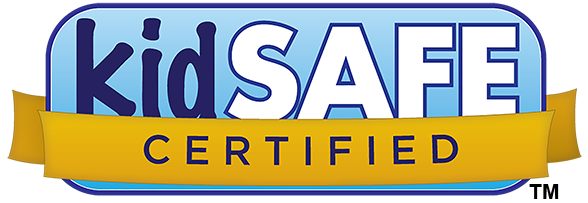Wildlife Adoptions
Purchase a Wildlife Adoption Kit to support young researchers, working to protect the animals you love!
Every Wildlife Adoption Kit includes
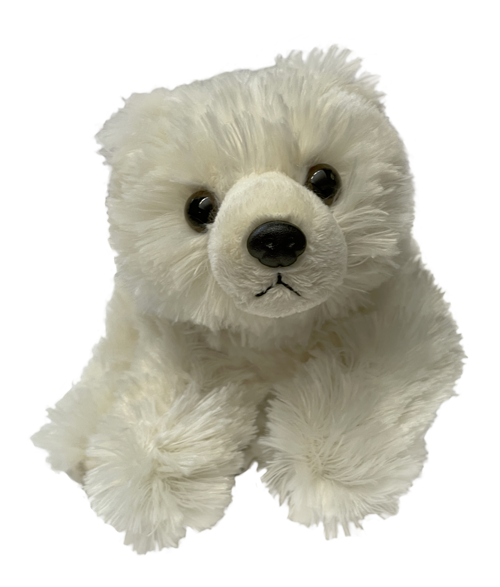
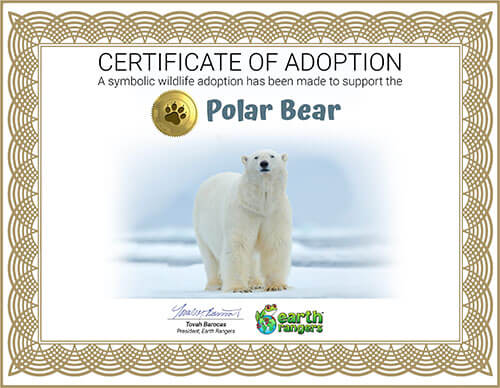
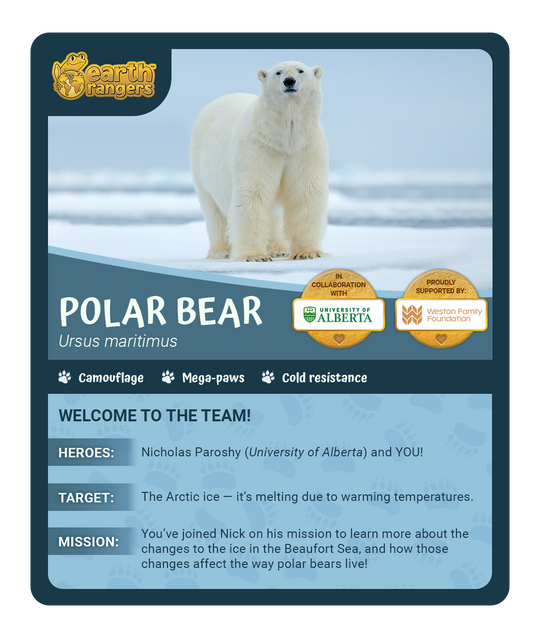

Plush
Certificate
Info Card
Poster
*Kit contents may vary
Current Projects
Meet this year’s inspiring researchers and scientists!
Every Wildlife Adoption Kit sold results in a direct contribution to one of their projects.
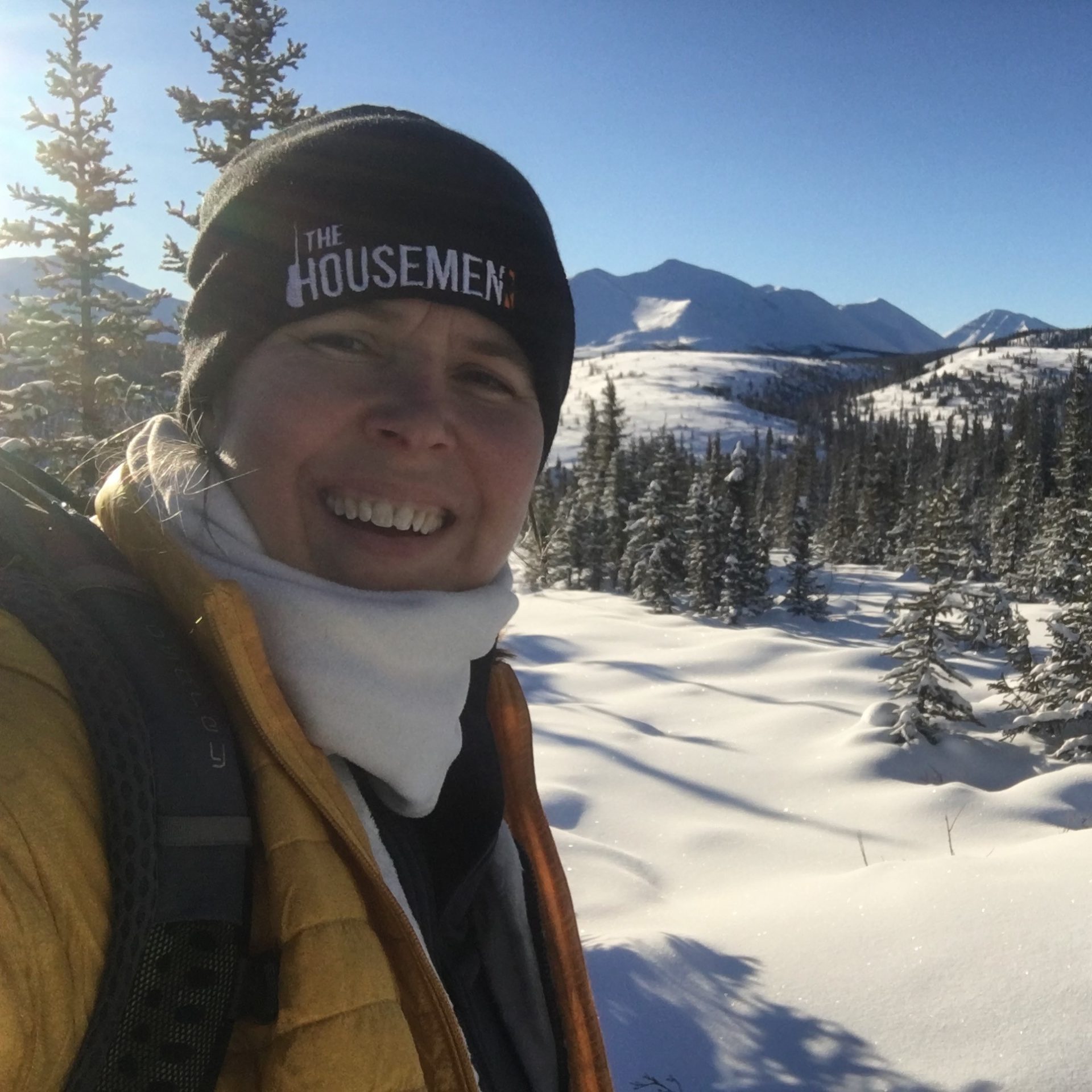
Caribou
Claudia Haas, Wilfrid Laurier University
Meet Claudia! She’s a biologist working in the Northwest Territories. Claudia is observing the relationships between animals in this vital region. Support her work by adopting a caribou!

Sea turtle
Gerardo, Sea Turtle Protection Project
Gerardo is just one of the local children taking part in the Sea Turtle Protection Project! Along with local leaders, this amazing group of kids are helping to monitor nests, clean up the beaches, and release endangered hatchlings into the wild. Support their work by adopting a sea turtle!
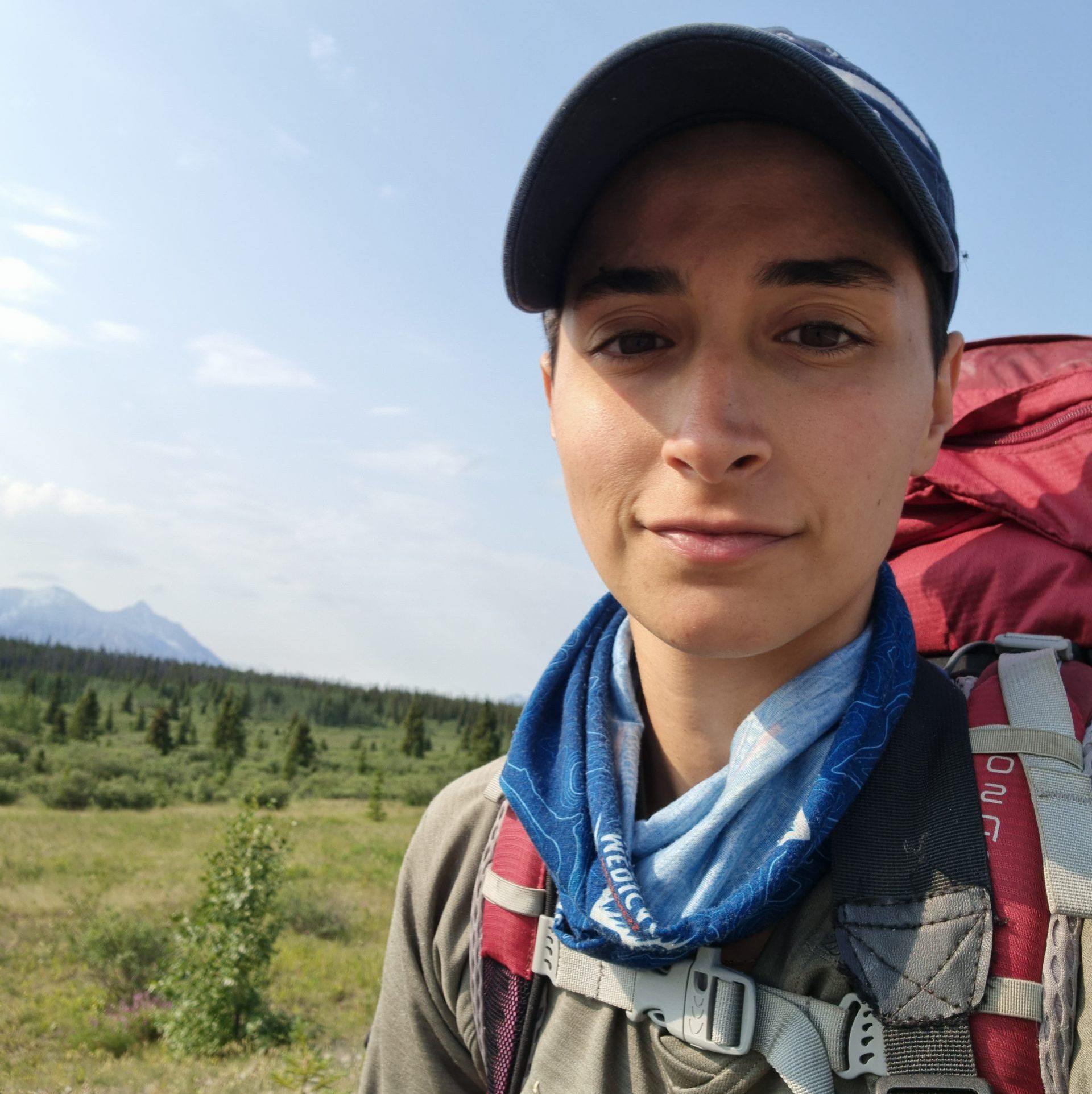
Lynx
Sandra Yaacoub, Queens University
Meet Sandra! She and a team of researchers are studying the forest in southwest Yukon, which is home to a variety of plants and animals. Support her work by adopting a lynx!

Grey wolf
Karl-Antoine Hogue, University of Guelph
Meet Karl-Antoine! He’s working with The Land Guardians from the Van Tat Gwich’in community in Old Crow, Yukon. They’ve installed and maintained wildlife cameras to observe the grey wolf and other animals, and now they’re studying what they’ve learned to find ways to conserve this vital habitat. Adopt a grey wolf to support Karl and the Van Tat Gwich’in!
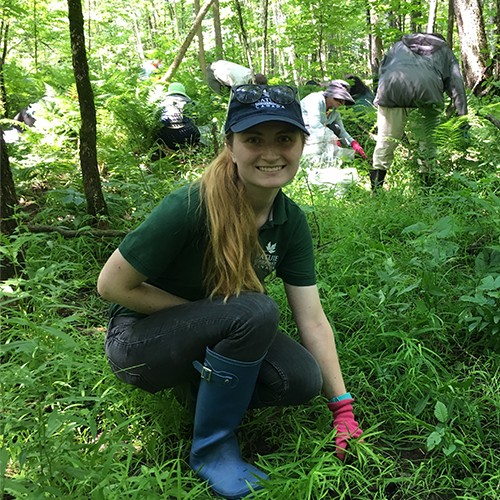
Red fox
Megan Quinn, Nature Conservancy of Canada
Meet Megan! She’s working with a team of researchers to maintain and conserve the Ottawa Valley Natural Area, a region of vital habitats in Ontario. Adopt a red fox to support her efforts!

Snowy owl
Megan Quinn, Nature Conservancy of Canada
Meet Megan! She’s working with a team of researchers to maintain and conserve the Ottawa Valley Natural Area, a region of vital habitats in Ontario. Adopt a snowy owl to support her efforts!

Flying squirrel
Megan Quinn, Nature Conservancy of Canada
Meet Megan! She’s working with a team of researchers to maintain and conserve the Ottawa Valley Natural Area, a region of vital habitats in Ontario. Adopt a flying squirrel to support her efforts!

Cougar
Ashley Sahulka, Nature Conservancy of Canada
Meet Ashley! She’s working with a team of conservationists in the Cypress Uplands, a region of diverse habitats and wildlife in southern Saskatchewan. Support her work by adopting a cougar!
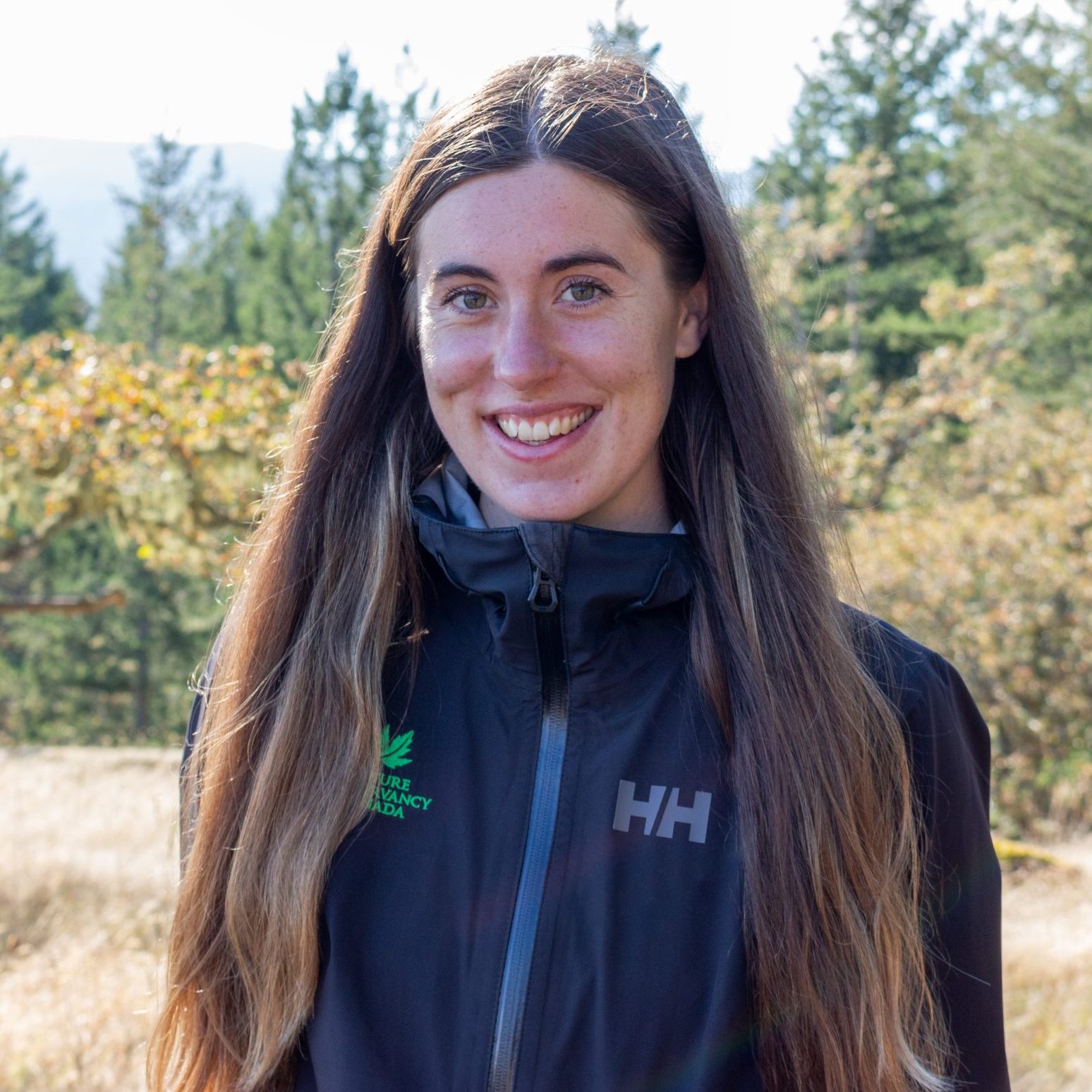
Beaver
Sarah Baylif, Nature Conservancy of Canada
Meet Sarah! She manages the conservation of the Bunchgrass Hills Conservation Area, a vast landscape of native grasslands, forests, and wetlands south of Kamloops in British Columbia that’s home to all kinds of plants and animals. Support her work by adopting a beaver!

Bumblebee
Sarah Baylif , Nature Conservancy of Canada
Meet Sarah! She manages the conservation of the Bunchgrass Hills Conservation Area, a vast landscape of native grasslands, forests, and wetlands south of Kamloops in British Columbia that’s home to all kinds of plants and animals. Support her work by adopting a bumblebee!
Completed Projects
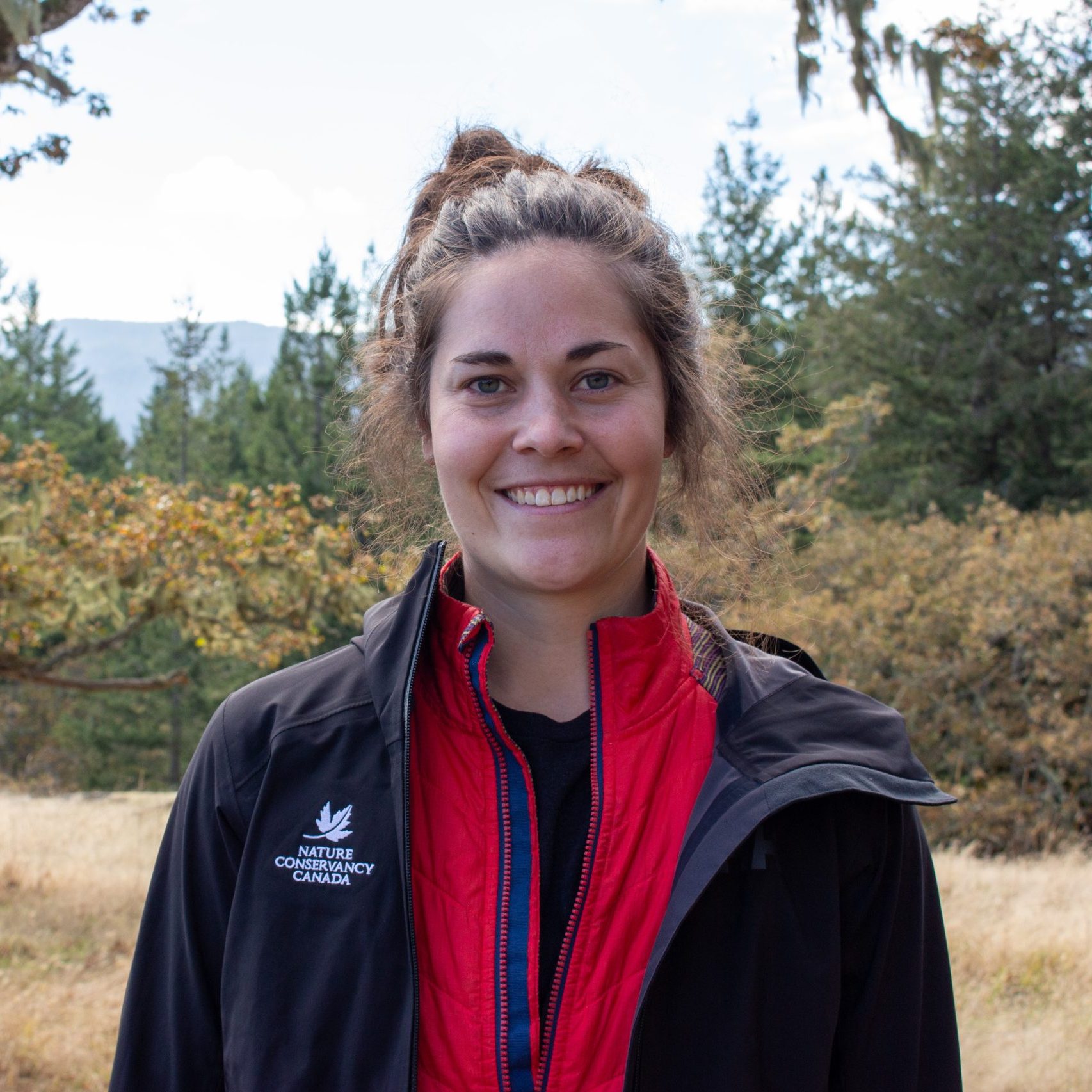
Bighorn Sheep
Nature Conservancy of Canada
Really important work is happening in British Columbia’s Rocky Mountain Trench, a valley in the northwest of the Rocky Mountains. That’s where important habitat for wildlife (like the bighorn sheep!) are being restored by Land Stewardship Manager Julia Poetschke and a team of scientists and researchers from the Nature Conservancy of Canada. Adopt a bighorn sheep to support NCC as they work to preserve this key ecosystem.

Grizzly Bear
Nature Conservancy of Canada
British Columbia’s Rocky Mountain Trench is home to some of Canada’s most famous — and endangered — animals. Adopt a grizzly bear to support a team of adoptions/ scientists and researchers from the Nature Conservancy of Canada, including Land Stewardship Manager Julia Poetschke. They’re all working hard to restore this important ecosystem.

American Badger
Nature Conservancy of Canada
British Columbia’s Rocky Mountain Trench is home to some of Canada’s most iconic — and endangered — animals. Support Land Stewardship Manager Julia Poetschke and the rest of team from Nature Conservancy Canada as they work to restore an important ecosystem in the trench — adopt an American badger today!
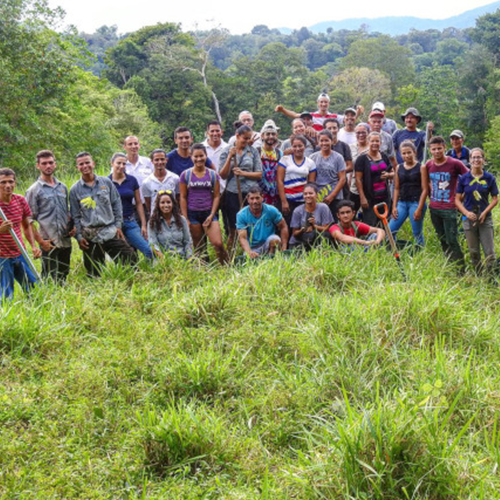
Jaguar
Osa Conservation
Osa Conservation is an incredible team of scientists and conservationists, dedicated to protecting Costa Rica’s Osa Peninsula! This diverse rainforest ecosystem is threatened by hunting and human activity. Adopt a jaguar to help safeguard the habitat of these apex predators.
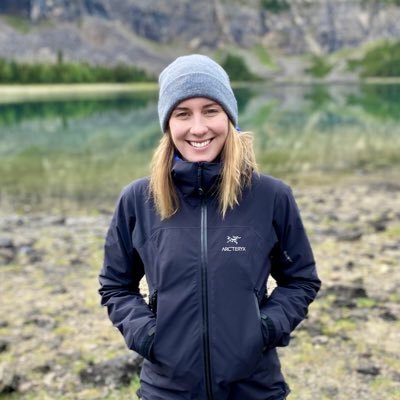
Ringed Seal
Katie Florko, University of British Columbia
Katie’s research is focused on the relationships between predators and prey in Hudson Bay – and how those relationships are being impacted by the melting sea ice. By adopting a ringed seal, you’ll help Katie learn how to better protect these animals and their homes.

Moose
Megan Quinn, Nature Conservancy of Canada
Meet Megan! She is leading a team of conservationists in Eastern Ontario’s Frontenac Arch, a corridor of forests, wetlands, and lakes that help fight climate change and are home to a huge amount of biodiversity. Adopt a moose to support her work!

River Otter
Megan Quinn, Nature Conservancy of Canada
Meet Megan! She is leading a team of conservationists in Eastern Ontario’s Frontenac Arch, a corridor of forests, wetlands, and lakes that help fight climate change and are home to a huge amount of biodiversity. Adopt a river otter to support her work!

Swift Fox
Peter Soroye, Wildlife Conservation Society Canada
Peter and his team are working to identify and help protect Key Biodiversity Areas; the most critical sites for protecting Earth’s biodiversity. Adopt a swift fox to support the preservation of native grasslands in Saskatchewan – one of the most endangered ecosystems in the world.

Eastern Wolf
Megan Quinn, Nature Conservancy of Canada
Meet Megan! She is leading a team of conservationists in Eastern Ontario’s Frontenac Arch, a corridor of forests, wetlands, and lakes that help fight climate change and are home to a huge amount of biodiversity. Adopt an eastern wolf to support her work!
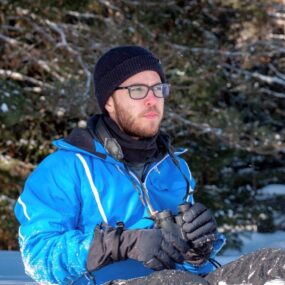
Polar Bear
Nicholas Paroshy, University of Alberta
Meet Nicholas! He is studying polar bear movement patterns in an area of the Arctic called the Beaufort Sea. Sadly, warming temperatures due to climate change are melting the sea ice that polar bears rely on for hunting. Adopt a polar bear to help Nicholas protect these extraordinary creatures!



